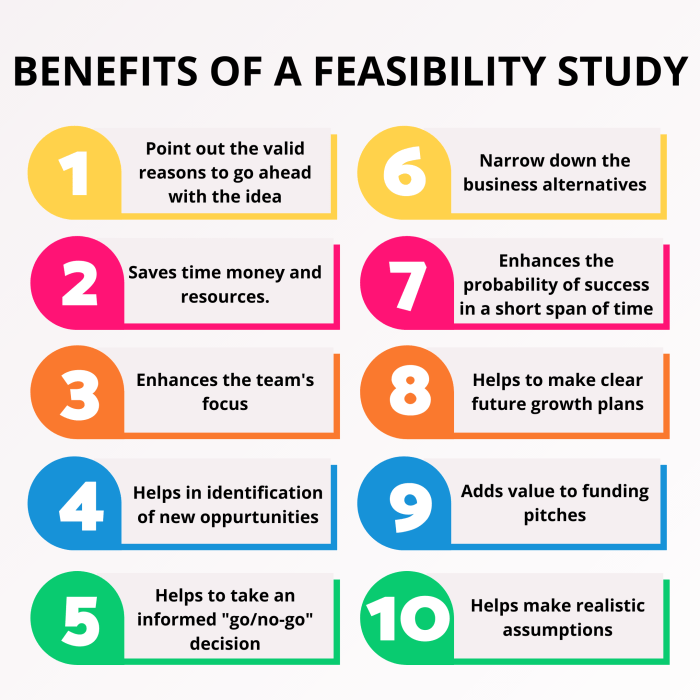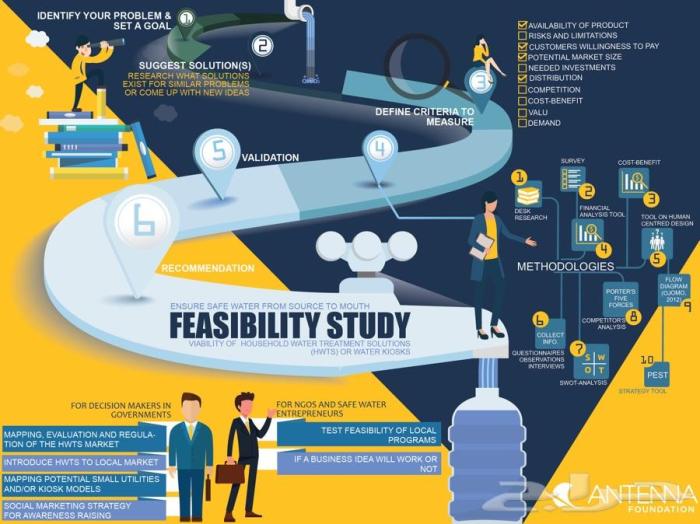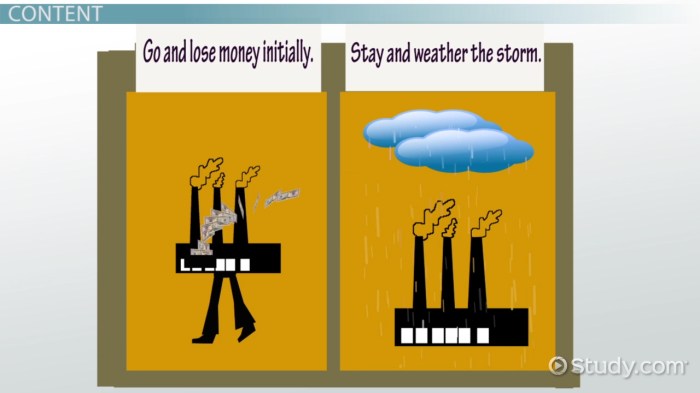Chen is preparing to write a feasibility report – Chen embarks on the meticulous process of crafting a feasibility report, meticulously evaluating the viability and potential of a proposed project. This comprehensive document will serve as a crucial foundation for decision-making, providing invaluable insights and analysis to guide the project’s future trajectory.
The feasibility assessment process entails a systematic exploration of the project’s scope, objectives, resource requirements, market potential, technical considerations, financial implications, and potential risks. Through rigorous analysis and thoughtful deliberation, Chen aims to present a well-reasoned and evidence-based report that will illuminate the project’s feasibility and provide a roadmap for its successful execution.
Feasibility Assessment: Chen Is Preparing To Write A Feasibility Report

A feasibility assessment is a systematic evaluation of the potential benefits, costs, and risks of a proposed project. Its purpose is to determine whether the project is viable and worth pursuing.
Conducting a feasibility assessment typically involves the following steps:
- Defining the project scope and objectives
- Conducting market research
- Analyzing technical requirements
- Estimating costs and benefits
- Assessing risks
- Developing a feasibility report
Feasibility studies can be used to evaluate a wide range of projects, including new product launches, business expansions, and infrastructure improvements. The outcomes of feasibility studies can vary, but they typically provide decision-makers with valuable information to help them make informed decisions about whether to proceed with a project.
Project Scope and Objectives, Chen is preparing to write a feasibility report
Defining the project scope and objectives is a critical step in the feasibility assessment process. The project scope defines the boundaries of the project, while the objectives define what the project is expected to achieve.
To define the project scope, it is important to identify the following:
- The project’s deliverables
- The project’s timeline
- The project’s budget
Once the project scope has been defined, the project objectives can be developed. The objectives should be specific, measurable, achievable, relevant, and time-bound (SMART).
A project charter or statement of work can be used to document the project scope and objectives.
Resource Analysis
The resource analysis phase of the feasibility assessment involves identifying the types of resources that will be required for the project. These resources can include personnel, equipment, materials, and facilities.
Once the resources have been identified, their costs and availability must be estimated. This information can be used to develop a budget for the project.
A table can be used to compare different resource options and their implications.
Market Research
Market research is an important part of the feasibility assessment process. It can be used to gather information about the target market for the project, the competition, and the overall industry.
There are a number of different methods for conducting market research, including surveys, interviews, and focus groups.
The data gathered from market research can be used to identify opportunities and threats, and to develop marketing strategies.
Answers to Common Questions
What is the purpose of a feasibility report?
A feasibility report provides a comprehensive analysis of a project’s viability, assessing its potential benefits, costs, risks, and resource requirements to inform decision-making.
What are the key steps involved in conducting a feasibility assessment?
A feasibility assessment typically involves defining project scope and objectives, conducting market research, analyzing technical requirements, assessing financial viability, evaluating risks, and presenting findings in a comprehensive report.
How can a feasibility report benefit stakeholders?
A well-crafted feasibility report empowers stakeholders with valuable insights into the project’s potential, enabling them to make informed decisions, mitigate risks, and optimize project outcomes.


